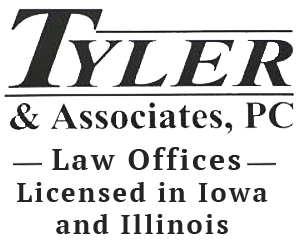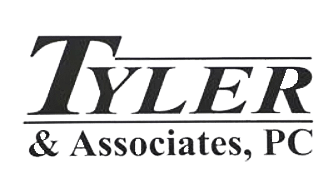If a worker sustains an injury on the job in Iowa, the law states they may be eligible for workers’ compensation benefits – or workers’ comp – while they recover. But while most people are aware that these legal protections are in place for them, determining whether their injury qualifies for coverage and moving forward with the claims process isn’t always straightforward. If you get hurt at work, here are answers to some of the most common questions about workers’ comp benefits in Iowa:
What exactly does workers’ compensation cover?
Workers’ comp provides individuals with payment for all necessary and reasonable medical care you require to treat your injury – including expenses for transportation or reimbursement for your mileage. In some cases, if you have to miss work for your medical care, you might be eligible for payment of any lost wages.
Workers’ comp also provides weekly compensation for disability benefits. The amount you receive is dependent on your average weekly earnings, your number of exemptions and your marital status.
How long do you have to report your injury to your employer?
The clock is ticking when it comes to reporting your injury to your employer, so you must do so as soon as possible. The law provides that you notify your employer of your injuries within 90 days of its occurrence; otherwise, you may not receive any benefits. The 90-day deadline begins as soon as you know or should have known you sustained an injury at work. Your employer then has four days to report your injury to the workers’ compensation commissioner.
What type of injuries are covered by worker’s comp?
The law in Iowa defines an injury as any health impairment other than the typical building up and tearing down of body tissues. Essentially, workers’ comp covers any damage you suffer as a direct result of your job duties.
Employees can even receive benefits for diseases or hearing loss if they are the result of their daily responsibilities or exposure on the job. While you can’t receive benefits for existing conditions, you might be eligible if your job aggravated or worsened the disease or injury.
Are you entitled to compensation for permanent disability?
In most cases, disability benefits stop for an employee when they are healthy and able to return to work. However, if your job-related injury leaves you unable to return to gainful employment, you may qualify for Permanent Total Disability (PTD) benefits. PTD benefits remain in effect as long as you remain permanently disabled.
If you get hurt or sick at your job, you have a right to medical treatment and compensation until you can get back to work. Be sure to notify your employer immediately and speak with an attorney if you have any lingering questions or concerns about your case.

